Emilia Pérez stunned the audience at the 77th Cannes Film Festival with a proposal that, on paper, sounds delirious and far-fetched: a musical melodrama about the social tragedy of Mexican drug violence, with touches of soap opera, a sense of humor and, as a central thread, the transformation of a bloodthirsty drug lord into a woman. I wish I could have seen the faces of the associate producers getting the scoop.
Jacques Audiard has dropped by the red carpet of the Cannes Film Festival from time to time, and always with something unpredictable and fulminating. Since winning the Best Screenplay Award in 1996 with A Self-Made Hero, he has competed with A Prophet, an extraordinary prison thriller that won the Grand Jury Prize in 2009; Rust and Bone (2012), an uncommonly intimate and powerful love story; with Dheepan he won the Palme d’Or in 2015 thanks to this drama about a ‘fake’ family of political refugees in France; and he returned in 2021 with Paris, 13th District to talk about desire and dissatisfaction. It is worth remembering that although the western The Brothers Sisters, starring Joaquin Phoenix and John C. Reilly, did not walk the Croisette, it won the Silver Lion for Best Director at Venice 2018.

With a portentous cinematographic inventiveness that absorbs from beginning to end, Audiard dares to go all out with socially committed themes and is not afraid to throw several hand grenades at the audience on transsexuality and gender. If the archetype of the masculine force is the historically destructive power and the feminine is the restorative one, here the transition between the two poles is crystalline, but neither does it avoid fissures: hormones? inner self-perception? the social construction of sexual identity? the reflection of the vision that others give us? the soul? what makes someone a man or a woman? In the plot lies the seed of another idea just as tempting as it is crazy: what would the world be like if the men responsible for humanity’s suffering became women? When a film proposes to imagine without fear of the consequences, it is appreciated.
Karla Sofía Gascón plays with irresistible magnetism the beast who keeps within her a saintly redeemer; Zoe Saldana is a though, first-class professional lawyer at the bottom of the social ladder; Selena Gómez is the drug dealer’s wife who lives with a veil over her eyes; Adriana Paz, a woman fed up with abuse who finds a new life in the sweetness of an unexpected romance. It goes against all the film’s internal logic that the award for best performance was given to the entire female cast of Emilia Pérez as a team. Despite the harshness of the film’s subject matter, which Adriana confirmed in her experience as a mother daily: the brutality that plagues Mexico with its deaths and disappearances due to the dynamics of the drug market; during the press conference, Sofía highlighted the hopeful message contained in the story and Zoe remarked on the inherent celebration of Mexican culture by showing a people capable of bouncing back and reacting to atrocity.
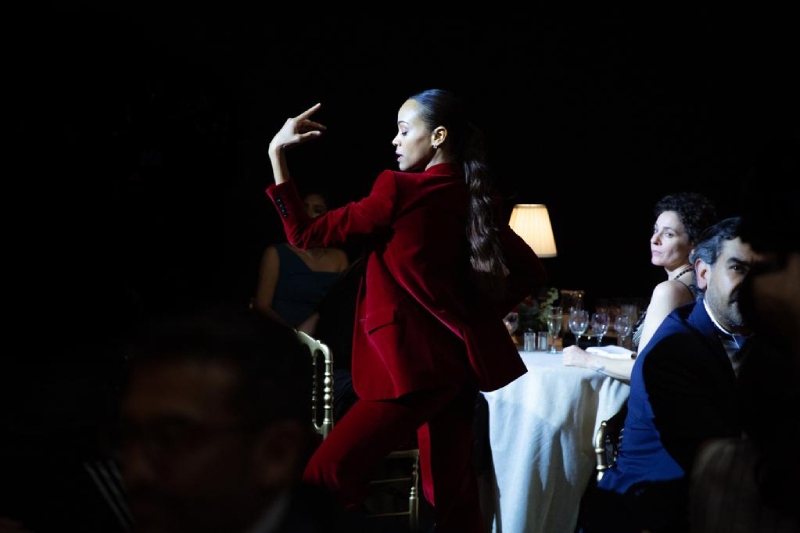
At first glance, no film by this director looks like the other. To find what they have in common, one would have to clear away the film genre, remove the characters, throw away the synopsis and even the idea itself (to paraphrase the words of León Felipe in search of the essence of poetry), and if after that there is anything left, that is Audiard’s cinema.
Emilia Pérez won the Jury Prize at Cannes and the Best Acting Award for the entire female cast.

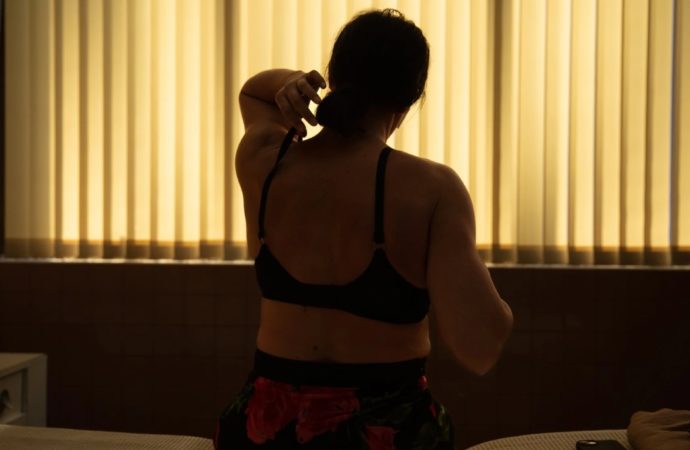


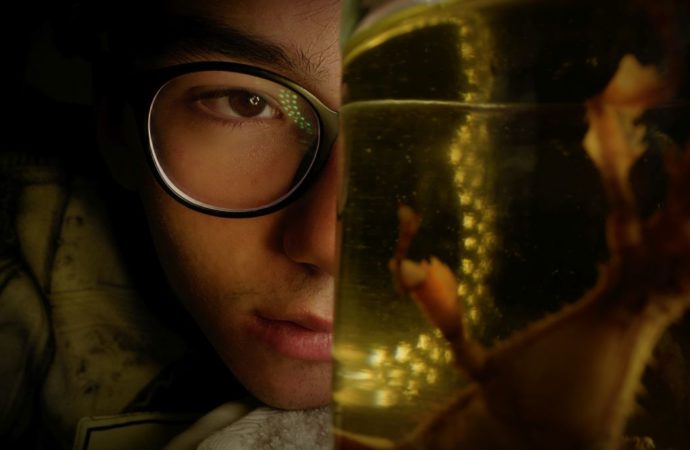
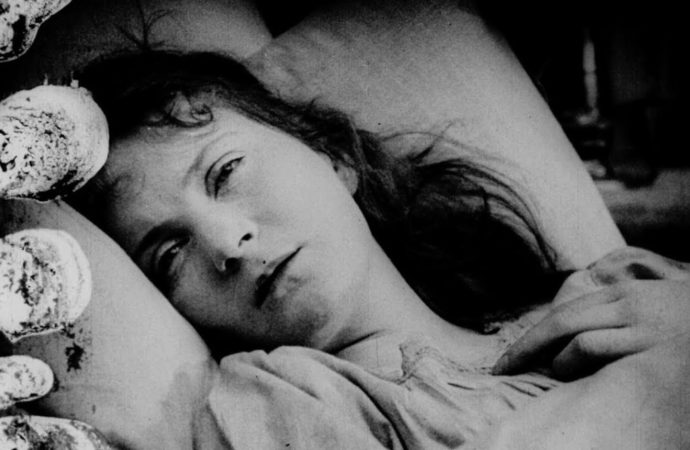
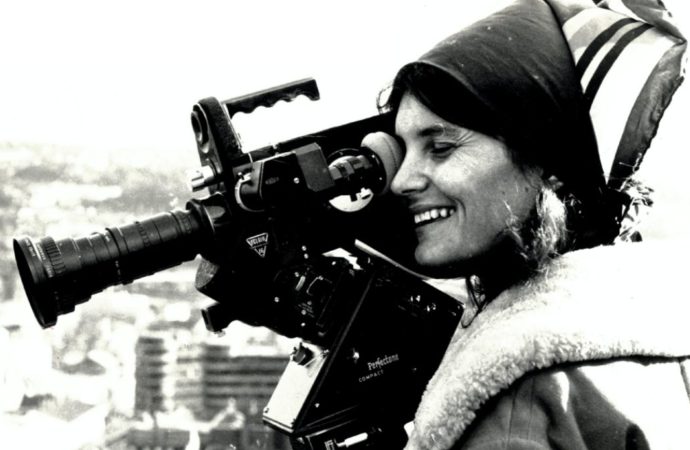
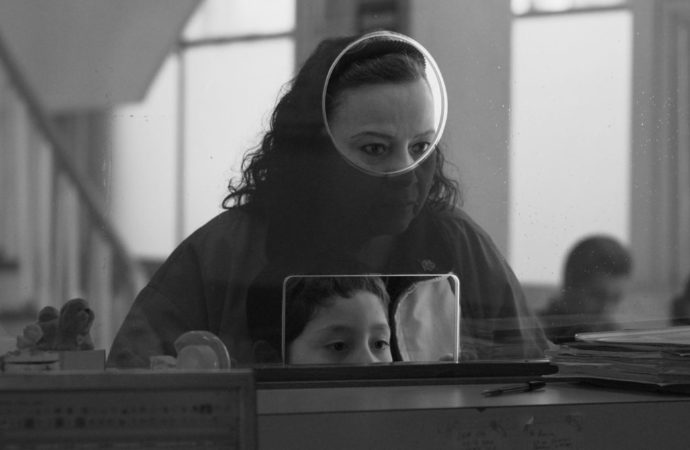
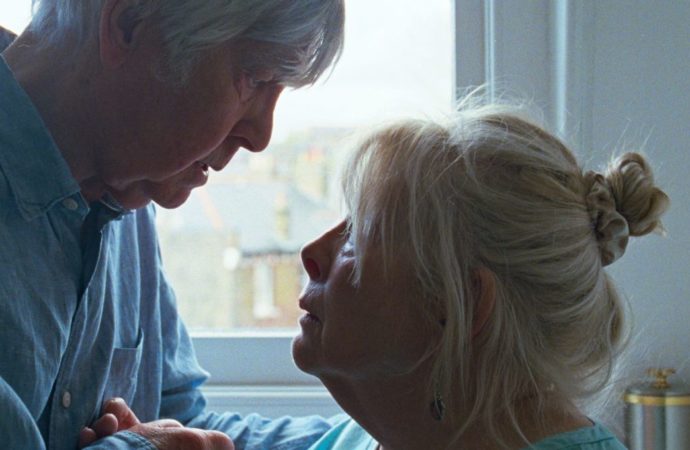
No one has posted any comments yet. Be the first person!